Bygone Punishments
Bygone Punishments
No student of Mr. Andrews' books can be a dull after-dinner speaker, for his writings are full of curious out-of-the-way information and good stories.--Birmingham Daily Gazette.
Book Excerpt
broke out in open warfare. A battle was fought at Melton Ross between the followers of Tyrwhitt and those of the Earl of Rutland, the representative of the Ross family. In the struggle several servants were slain, and the king adopted stringent measures to prevent future bloodshed. He directed, so says tradition, that a gallows be erected at Melton Ross, and kept up for ever, and that if any more deaths should result from the old feud it should be regarded as murder, and those by whom the deadly deed was committed were to be executed on the gallows.
We hear nothing more of the feud after the gallows had been erected, the action of the king being the means of settling a strife which had lasted long and kept the district in turmoil.
The gallows is on the estate of the Earl of Yarborough, and it has been renewed by him, and according to popular belief he is obliged to prevent it falling into decay.
Gallows Customs.
When criminals were carried to Tyburn for execution, it was customary
Editor's choice
(view all)Popular books in History, Non-fiction
Readers reviews
3.0
LoginSign up
A very uneven account of the various methods of killing or torturing and mutilating people throughout the history of England. Hanging, pressing, burning at the stake, boiling, beheading, branding, whipping, the stocks, the pillory . . . and more.
Unfortunately, the author gives more details about trivial things than the main means of execution. Drawing and quartering and boiling to death have no details, while 30 pages are spent on the brank--a method of silencing loud women.
Halfway through the book I discovered that gutenberg.org had the same book with all the etchings intact. I'd recommend that version, if only to learn the difference between stocks and the pillory.
Unfortunately, the author gives more details about trivial things than the main means of execution. Drawing and quartering and boiling to death have no details, while 30 pages are spent on the brank--a method of silencing loud women.
Halfway through the book I discovered that gutenberg.org had the same book with all the etchings intact. I'd recommend that version, if only to learn the difference between stocks and the pillory.
- Upvote (0)
- Downvote (0)
Bygone Punishments is a short, anecdotal history of all the horrors humanity has brought upon their fellow men and women.
Here you'll get to read of hanging, the art of being drawn and quartered, being hung alive in chains, beheading, and other versions of capital punishment that was practiced in Britain from its early history to the 19th century.
Not bedtime or dinner time reading, but a great resource for armchair historians and writers of historical fiction.
C. Alan Loewen
http://literary-equine.livejournal.com/
Here you'll get to read of hanging, the art of being drawn and quartered, being hung alive in chains, beheading, and other versions of capital punishment that was practiced in Britain from its early history to the 19th century.
Not bedtime or dinner time reading, but a great resource for armchair historians and writers of historical fiction.
C. Alan Loewen
http://literary-equine.livejournal.com/
06/23/2009

 Free Download
Free Download















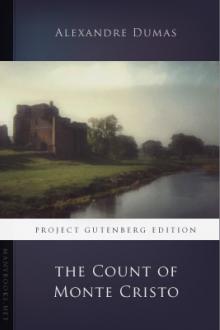


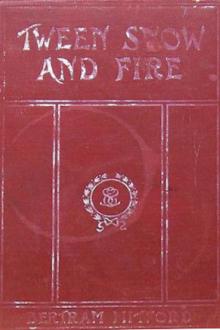


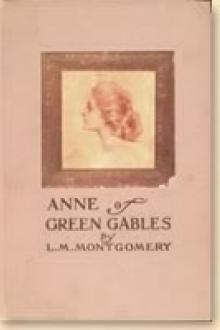
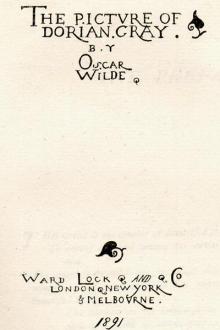

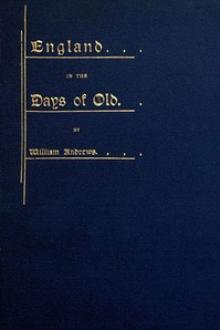
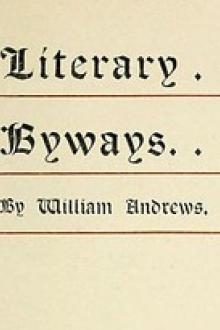

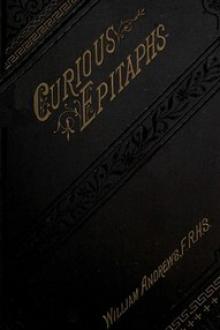

-itok=vcKIB5v1.jpg)